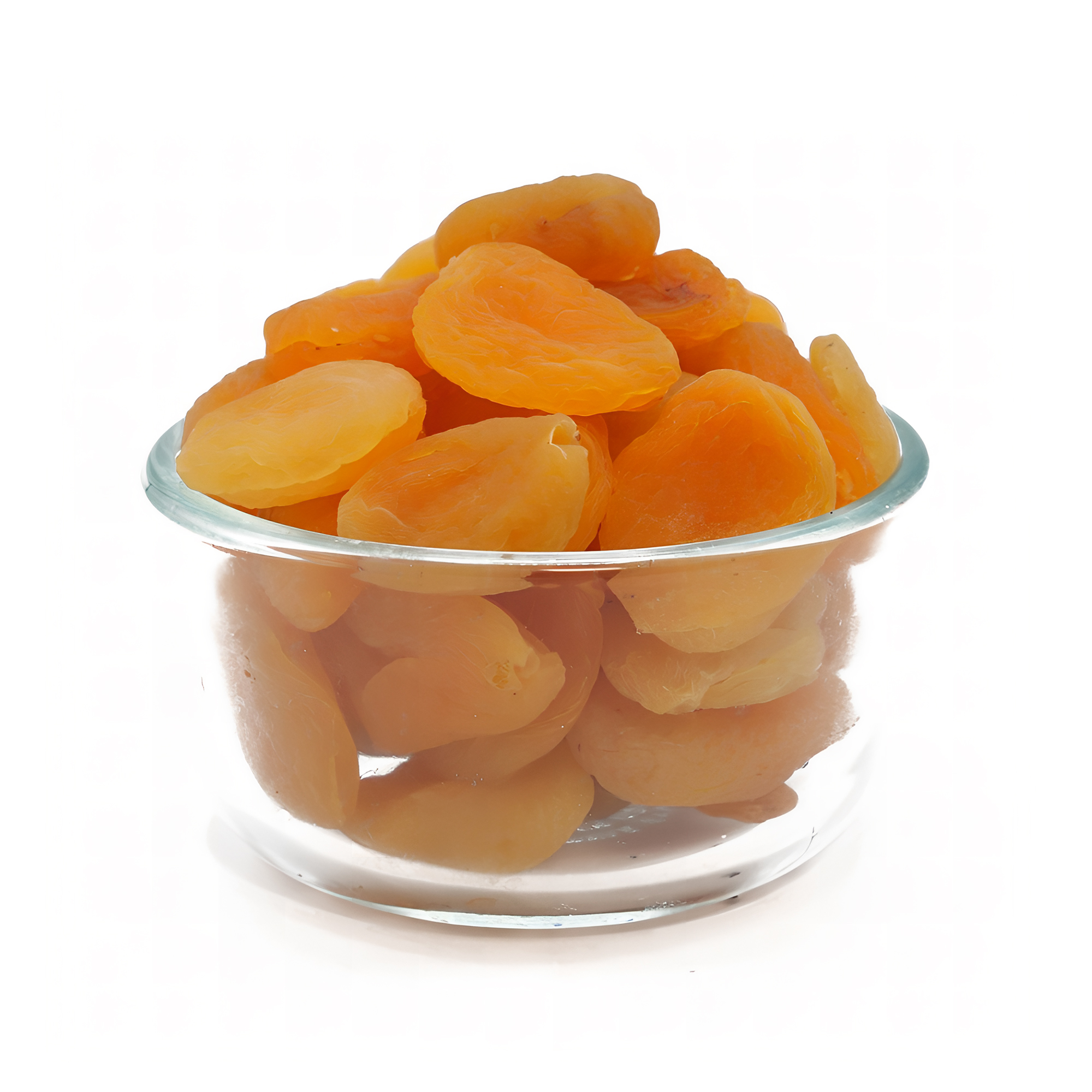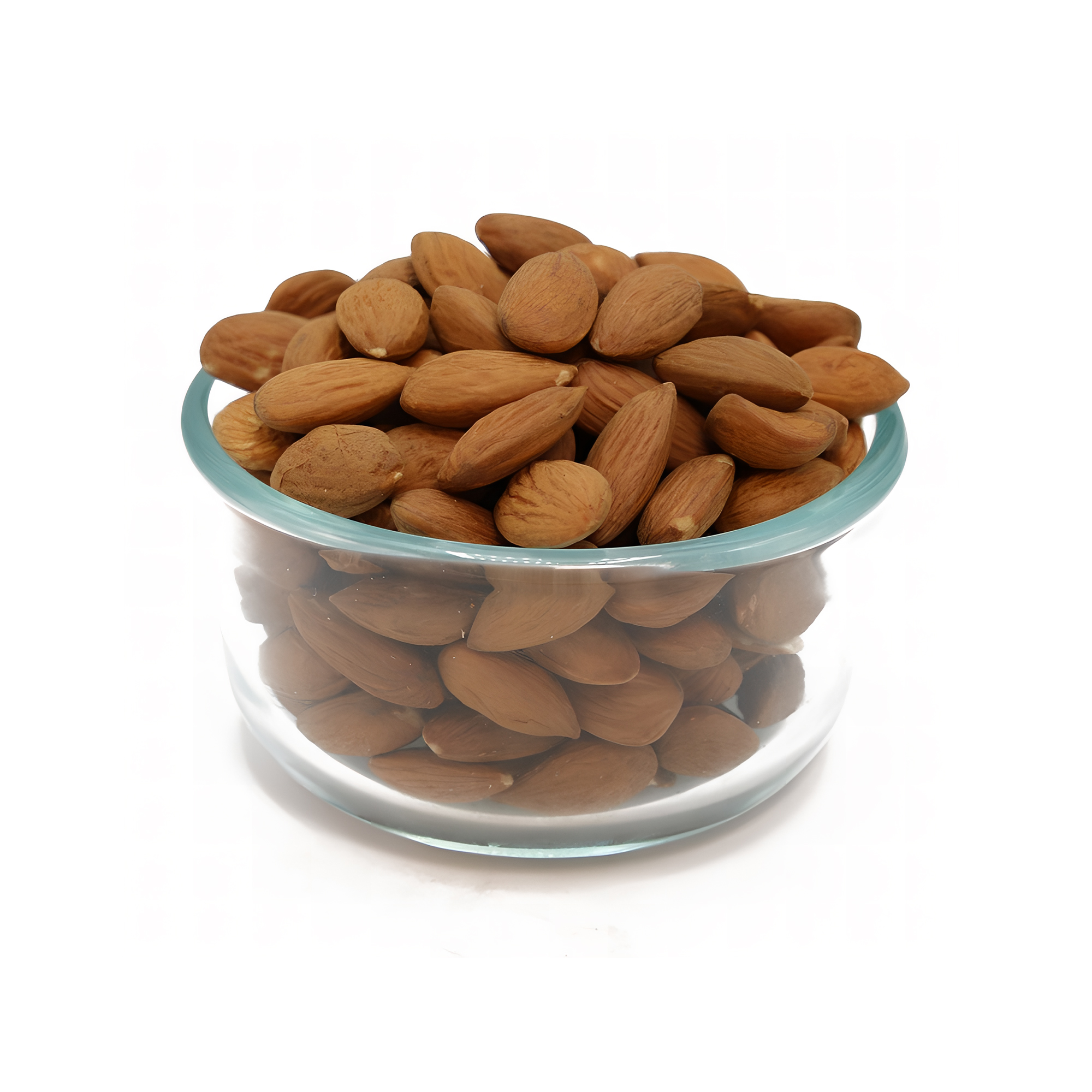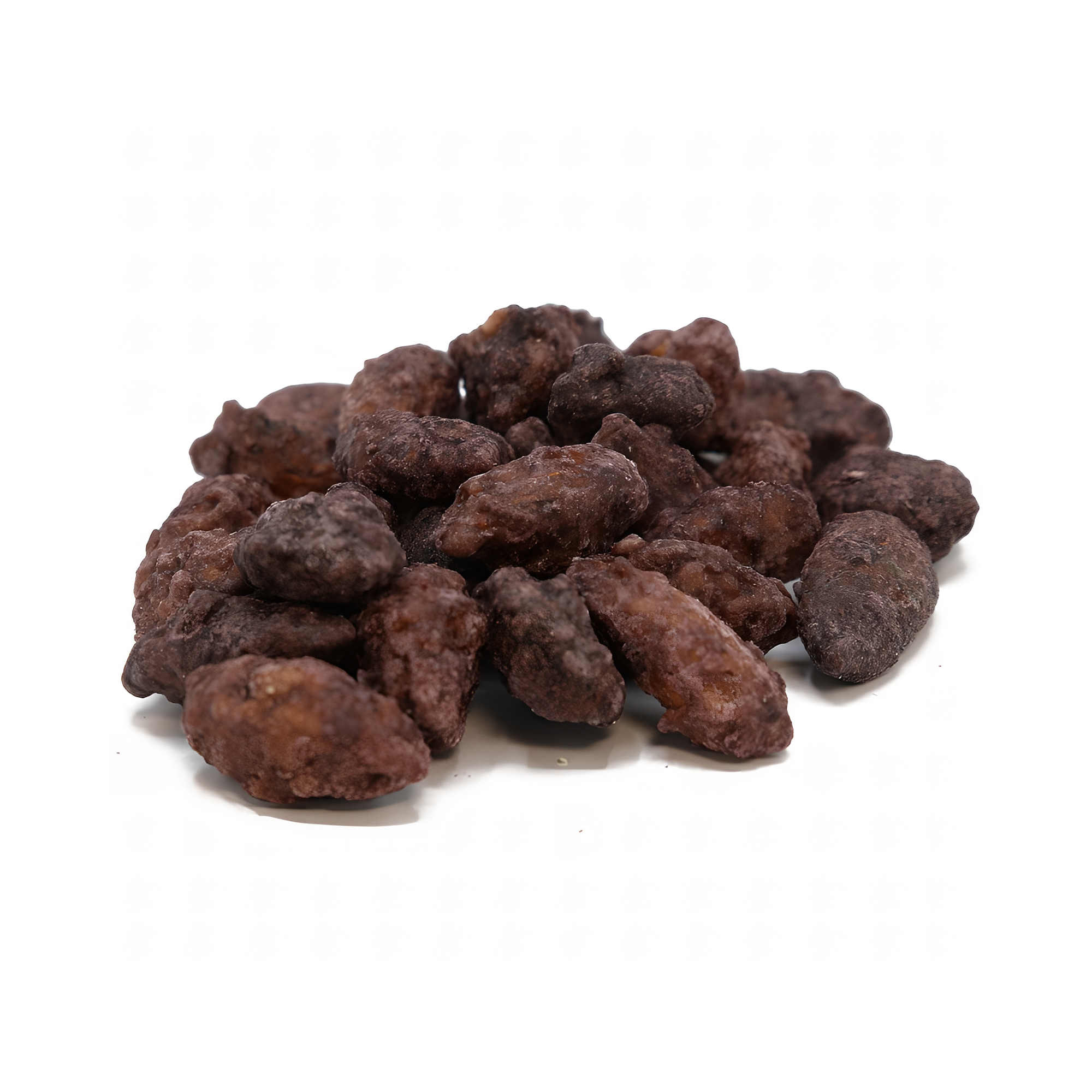Wholesale Apricots
Q1: What Are Common Concerns When Buying Wholesale Apricots Online?
When purchasing apricots in bulk online, customers often worry about freshness, sourcing transparency, and quality consistency. There’s a risk of receiving fruit that’s overripe, bruised, or lacking flavor due to improper handling or long transit times. At Delivisor, we prioritize freshness by sourcing directly from trusted growers and packing each order shortly after harvest. Our logistics system ensures fast, temperature-controlled delivery, preserving the apricots’ texture and flavor from farm to table.
Q2: How Can You Tell If Apricots Are of Premium Wholesale Quality?
Top-tier apricots are easy to recognize by their appearance and taste. Indicators of superior quality include:
- Color: A vibrant orange or golden hue with a natural blush, indicating ripeness and nutrient density.
- Texture: Firm yet yielding to gentle pressure—neither too hard nor mushy.
- Flavor: A balanced sweetness with subtle tart notes, reflecting optimal sugar development.
- Aroma: A rich, fruity scent that signals freshness and ripeness.
At Delivisor, all apricots are hand-inspected and selected to meet these high-quality benchmarks.
Q3: Where Do Wholesale Apricots Come From?
Apricots are typically grown in temperate climates, with the most desirable varieties originating from regions like California’s Central Valley, Turkey’s Malatya province, and parts of Spain and South Africa. These areas offer ideal growing conditions—warm days and cool nights—that enhance the fruit’s natural sweetness and firmness. Delivisor partners with growers in these premium locations to ensure every apricot is cultivated under ideal conditions.
Q4: Where Does Delivisor Source Its Wholesale Apricots?
Delivisor works directly with family-owned farms and large-scale orchards in California and select Mediterranean regions. By fostering long-term partnerships, we guarantee traceability and consistent quality. Our growers use sustainable agricultural practices, minimizing pesticide use and maximizing flavor through careful harvesting and handling methods.
Q5: How Can You Use Wholesale Apricots in Business and Cooking?
Wholesale apricots are a versatile fruit, suitable for both culinary use and resale. Popular applications include:
- Retail: Sold fresh in supermarkets, fruit stands, or farmer’s markets.
- Baking: Used in tarts, muffins, and cobblers for a sweet, tangy burst.
- Preserving: Made into jams, jellies, or dried for extended shelf life.
- Food Service: Featured in salads, appetizers, and desserts at restaurants and cafes.
- Beverage Making: Used in smoothies, juices, or cocktails for a natural fruity flavor.
Q6: How Are Apricots Different from Other Stone Fruits?
Apricots offer a unique profile compared to similar fruits:
- Compared to Peaches: Apricots are smaller, firmer, and have a more concentrated flavor with a delicate tartness.
- Compared to Plums: They are less juicy but sweeter and more fragrant when ripe.
- Compared to Nectarines: Apricots have a velvety skin and a denser texture, making them ideal for drying and cooking.
These differences make apricots particularly attractive for gourmet applications and long-term storage.
Q7: How Are Wholesale Apricots Grown and Harvested?
The journey from orchard to delivery involves careful cultivation:
- Planting: Apricot trees are planted in fertile, well-drained soil and require full sunlight to thrive.
- Pollination: Most varieties rely on bees for cross-pollination, which boosts fruit development.
- Growing Season: Trees bloom in spring, and the fruit matures by early to mid-summer depending on climate.
- Harvesting: Fruits are hand-picked at peak ripeness to ensure ideal texture and flavor.
- Packing: After sorting and quality checks, apricots are packed in breathable cartons to maintain freshness during transit.
Q8: What Are Other Names or Varieties of Apricots?
Apricots come in several popular types and are known by different names worldwide:
- Blenheim Apricots
- Moorpark Apricots
- Tilton Apricots
- Turkish (Malatya) Apricots
- Goldrich and Royal Rosa (California varieties)
Each variety has its own flavor profile, size, and best use—ranging from fresh eating to drying and baking.
Q9: How Does Delivisor Ensure Freshness During Delivery?
Freshness is central to our wholesale delivery process. Delivisor ensures this by:
- Cold Chain Logistics: From packing to shipping, apricots are kept at optimal temperatures to prevent spoilage.
- Protective Packaging: Fruits are cushioned in ventilated boxes that prevent bruising and allow airflow.
- Rapid Fulfillment: Orders are processed and dispatched within 12–24 hours of harvest to maintain orchard-fresh quality.
Q10: Who Should Consider Buying Wholesale Apricots?
Wholesale apricots are ideal for:
- Grocers and produce retailers seeking high-demand seasonal fruit.
- Food service operators looking for fresh, sweet fruit for summer menus.
- Bakers, jam producers, and artisanal food makers.
- Nutrition-focused brands and smoothie makers needing natural ingredients.
- Exporters and distributors aiming to deliver premium fruit to international markets.
Q11: How Can You Store Wholesale Apricots for Maximum Freshness?
Proper storage extends the shelf life and quality of apricots:
- Short-Term: Keep fresh apricots refrigerated in breathable containers; consume within 5–7 days.
- Ripening: If underripe, leave at room temperature for 1–2 days until softened slightly.
- Freezing: Halve, pit, and freeze apricots on a tray before storing in airtight bags for up to 6 months.
- Dried Storage: Store dried apricots in a cool, dark place in sealed containers to maintain moisture and flavor.
Experience the sun-ripened sweetness and unbeatable value of Delivisor’s Wholesale Apricots. Whether you’re buying for your store, kitchen, or export market, our commitment to freshness and quality ensures your business gets the best of the harvest.




